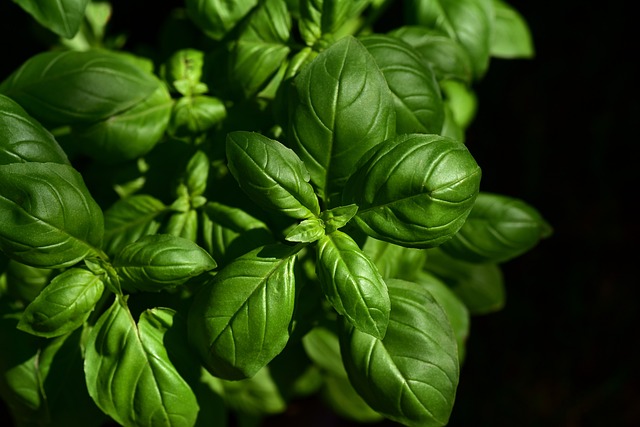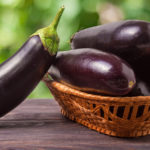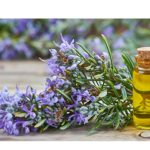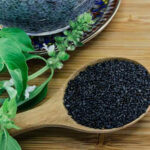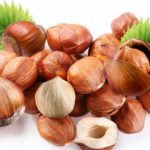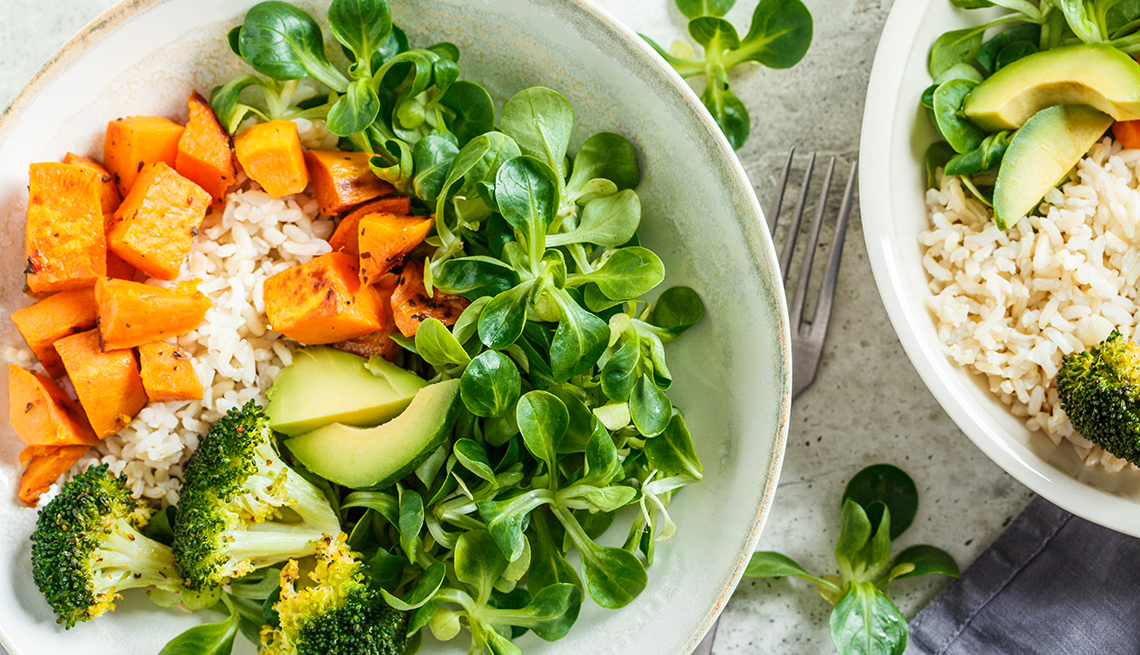Overview of Basil Benefits
Basil benefits are quite enormous and it is quite imperative to know this. Basil is a fragrant herb belonging to the mint family, known for its culinary uses and potential health benefits.
It enhances the flavor of various dishes and contains nutrients that may help reduce oxidative stress and promote cardiovascular health.
Culinary Uses of Sweet Basil
Sweet basil, scientifically known as Ocimum basilicum, is a staple in many Mediterranean cuisines, particularly Italian cooking. This versatile herb is a key ingredient in pesto and imparts a unique flavor to a variety of dishes, including salads, pasta, pizza, and more.
Beyond Mediterranean fare, sweet basil is also integral to the culinary traditions of Indonesian, Thai, and Vietnamese cuisines, where it adds depth and freshness to many recipes.
Nutritional Benefits
Incorporating sweet basil into your diet can offer several health benefits, as it is rich in vitamins, minerals, and a variety of antioxidants. The essential oil extracted from basil may also have medicinal properties, further enhancing its appeal as a functional food.
Sweet basil can be found in many grocery stores, making it accessible for home cooking. There are also various other basil varieties, each with distinct flavors and aromas.
Tulsi: A Different Type of Basil
Another notable variety is tulsi, also known as holy basil (Ocimum sanctum). Unlike sweet basil, tulsi is revered for its therapeutic properties in Tamil and Ayurvedic medicine, which are widely practiced in Southeast Asia. Its uses and benefits differ significantly from those of sweet basil.
This article explores the numerous health benefits and nutritional content of basil, along with practical tips on how to incorporate this flavorful herb into your meals.
Whether you’re looking to enhance your cooking or seeking potential health benefits, basil is a delightful and nutritious addition to your diet.
Nutritional Profile of Fresh Basil
The following table outlines the key nutrients found in 1 tablespoon (approximately 2.6 grams) of fresh basil, based on information from the United States Department of Agriculture.
It also indicates the recommended daily intake for adults, as specified by the 2015–2020 Dietary Guidelines for Americans. It’s important to note that nutrient needs can vary based on age and sex.
|
Nutrient |
Amount in 1 tablespoon
(2.6 g) |
Daily Adult Requirement |
| Calcium (mg) | 4.6 | 1,000–1,300 |
| Vitamin A (mcg, RAE) | 6.9 | 700–900 |
| Beta carotene (mcg) | 81.7 | No data |
| Beta cryptoxanthin (mcg) | 1.2 | No data |
| Lutein and zeaxanthin (mcg) | 147.0 | No data |
| Vitamin K (mcg) | 10.8 | 75–120 |
In addition to these nutrients, fresh basil is a source of various B vitamins, trace amounts of iron, and other essential minerals. It also contains a wide range of antioxidants, contributing to its potential health benefits.
Health Benefits of Basil
Basil is a versatile herb that may offer a variety of health benefits when included in the diet, utilized in herbal medicine, or used as an essential oil. Traditionally, basil has been employed for various medicinal purposes, including the treatment of snakebites, colds, and inflammation in the nasal passages, which is a common symptom associated with colds.
Nutritional Profile
Basil contains several macronutrients, including calcium and vitamin K, along with a diverse array of antioxidants.
For instance, sweet basil is particularly rich in eugenol, a chemical compound that imparts a clove-like aroma. In contrast, lime and lemon basil varieties are high in limonene, which gives them a refreshing citrus scent. Both eugenol and limonene are known for their antioxidant properties.
Reducing Oxidative Stress
Antioxidants play a crucial role in neutralizing free radicals in the body. Free radicals are unstable molecules that can be produced during metabolism or as a byproduct of lifestyle factors such as smoking and poor dietary choices. When free radicals accumulate, they can lead to oxidative stress, which may cause cellular damage and contribute to various diseases.
Research has linked oxidative stress to a range of serious health issues, including cancer, heart disease, rheumatoid arthritis, and diabetes. While the body can produce some antioxidants, it also relies on dietary sources.
Basil contains various antioxidants, such as anthocyanins and beta carotene, which contribute to its health-promoting properties.
Supporting Liver Health
A 2015 study conducted on rats indicated that antioxidants found in a powdered preparation of tulsi (holy basil) positively impacted liver health.
In the study, researchers applied the powder following the induction of liver injury using a toxin. Tulsi, distinct from the basil commonly found in Western grocery stores, holds significant importance in traditional Indian medicine.
Potential Cancer-Fighting Properties
A review published in 2013 examined the potential of tulsi to prevent cancer. The authors concluded that the phytochemicals present in holy basil might offer protective effects against certain types of skin, liver, oral, and lung cancers.
These compounds appear to work by enhancing antioxidant activity, altering gene expression, promoting apoptosis (programmed cell death), and inhibiting cell division. However, it’s important to note that most of the studies reviewed were preclinical or conducted on animals, necessitating further research to confirm these effects in humans.
Protecting Against Skin Aging
Research from 2011 suggests that sweet basil may have properties that help shield the skin from some signs of aging. In this study, scientists applied basil extract to laboratory models of skin, with findings indicating that basil extracts could improve skin hydration and decrease roughness and wrinkles.
While applying concentrated basil extracts may have beneficial effects, simply consuming basil may not directly enhance skin health.
However, the antioxidants found in basil and other plant-based foods can contribute to skin protection when included as part of a balanced diet.
For those interested in promoting skin health, exploring a variety of antioxidant-rich foods is recommended.
Managing High Blood Sugar Levels
Many traditional medicine practitioners commonly recommend basil for blood sugar management. A study conducted in 2019 on rats demonstrated that an extract derived from sweet basil leaves significantly lowered elevated blood sugar levels.
The findings also indicated that basil leaves might help mitigate the long-term effects associated with high blood sugar. If these results are validated through further research, basil extracts could become a valuable resource for individuals with diabetes.
Supporting Cardiovascular Health
A review published in 2011 highlighted that an extract from sweet basil temporarily lowered high blood pressure, likely due to its eugenol content.
Eugenol is known to block calcium channels in the body, which can help reduce elevated blood pressure. However, the study noted that blood pressure levels returned to baseline just two minutes after administering the extract.
In a separate study involving 24 healthy participants, those who consumed a daily capsule containing 300 milligrams of dried tulsi leaf extract for four weeks exhibited lower cholesterol and triglyceride levels compared to those who took a placebo. The authors concluded that tulsi extract may help reduce certain risk factors associated with cardiovascular disease.
Enhancing Mental Health
Mental stress can lead to an increase in free radical production within the body. According to a 2014 review that examined tulsi’s role in Ayurvedic medicine, this herb possesses properties that may help:
- Alleviate stress, anxiety, and depression
- Enhance cognitive function and reasoning abilities
- Prevent age-related memory decline
- Improve sleep and sexual issues related to stress
Some studies referenced in the review reported results comparable to those achieved with diazepam and various antidepressant medications. However, further research is necessary to confirm these findings. It’s worth noting that consuming tulsi, such as in tea form, may not yield the same effects as taking a concentrated extract.
Reducing Inflammation and Swelling
Oxidative stress is a contributing factor to inflammation, which is associated with numerous diseases, including cancer, type 2 diabetes, and rheumatoid arthritis. A 2017 study investigated the anti-inflammatory properties of two types of sweet basil essential oil.
The results suggested that basil oil may be effective in treating various inflammatory conditions linked to oxidative stress. However, it remains unclear whether consuming basil would produce similar effects.
SEE ALSO: Causes of Low Potassium
Combating Infections
Basil has a long history of use as an antimicrobial agent in traditional medicine, and scientific studies support this application. In 2013, researchers tested sweet basil oil against several strains of Escherichia coli (E. coli) sourced from individuals with respiratory, abdominal, urinary, or skin infections, as well as from contaminated hospital equipment.
The findings indicated that basil oil was effective against these bacterial strains. The researchers concluded that certain formulations of basil oil could aid in treating or preventing various infections.
Tips for Using Basil
Basil is a fragrant herb known for its distinctive flavor, which many people love. Various types of basil, such as sweet basil, lemon basil, clove basil, and cinnamon basil, offer unique taste profiles that can enhance a variety of dishes.
Here are some creative ways to incorporate basil into your cooking:
- Garnish: Sprinkle fresh, chopped basil over pizza or mix it into wraps for added flavor.
- Caprese Salad: Layer basil leaves over slices of fresh tomato and mozzarella, then drizzle with olive oil for a refreshing appetizer.
- Enhance Dishes: Add basil to soups, tomato sauces, and stir-fries for a burst of flavor.
- Marinade: Create a delicious marinade by blending basil with olive oil and chopped garlic.
- Salads: Toss whole, chopped, or torn fresh basil leaves into salads for a fragrant touch.
Recipe Ideas
Consider trying these delicious recipes featuring basil:
- Chili Chicken with Fried Basil: A savory dish that highlights the aromatic qualities of basil.
- Fresh Basil Pesto Sauce: A classic sauce perfect for pasta, sandwiches, or as a dip.
- Pasta with Tomato and Basil Sauce: A simple yet flavorful dish that showcases the herb’s essence.
Growing Basil
Many herbs, including basil, are easy to grow indoors. This allows those without gardens to enjoy freshly picked ingredients in their cooking. Consider starting a small herb garden on your windowsill to enhance your meals with homegrown flavors.
Risks of Consuming Basil
While basil can be a flavorful addition to many dishes, some individuals should exercise caution when incorporating it into their diet.
Blood Clotting
A single tablespoon of basil contains approximately 10.8 mcg of vitamin K, which is essential for blood clotting. This amount accounts for about 9% to 12% of the recommended daily intake for adults.
High levels of vitamin K can interfere with the effectiveness of certain medications, particularly blood thinners like warfarin (Coumadin). If you are on anticoagulant therapy, it’s important to consult your healthcare provider before significantly increasing your basil consumption.
Allergies
Individuals with allergies to herbs in the mint family may experience allergic reactions upon consuming or coming into contact with basil. Those with such allergies should avoid basil entirely and carefully read labels on prepackaged foods to ensure basil is not included as an ingredient.
Symptoms of an allergic reaction can include hives, swelling, and difficulty breathing. If any of these symptoms occur after consuming basil, it is crucial to seek immediate medical attention, as severe allergic reactions can escalate to anaphylaxis, which is a life-threatening emergency.
Summary
Incorporating basil into a balanced and nutritious diet can offer potential health benefits. However, much of the research surrounding the medicinal properties of basil focuses on extracts rather than the herb itself.
Additionally, many studies primarily examine holy basil (tulsi), which differs from the culinary basil commonly used in cooking. Consequently, there is currently insufficient scientific evidence to confirm many claimed health benefits of basil.
Health Benefits of Blueberries

A graduate of Computer Science and Information Management Technology. Diploma – Caregiving, Certificates – Dementia and Diabetes Awareness and Management. A researcher, blogger, songwriter, singer and acoustic guitarist. Born in an environment where natural talents such as healing are imparted at our natural birth. This natural talents of healing is the result of our genetic inheritance and the training from family environment.







